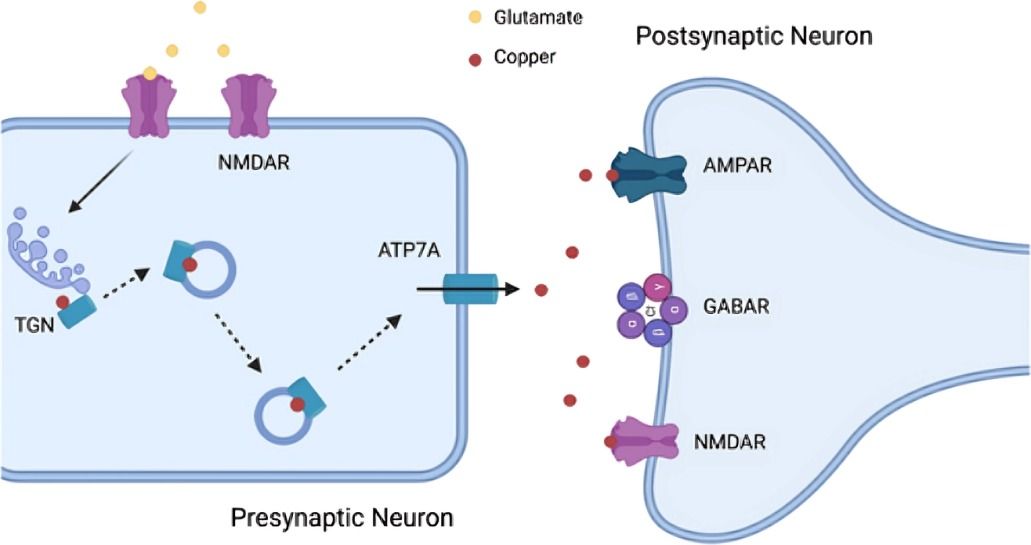
“
Vitamins and minerals are not just crucial for overall health but also play a fundamental role in the proper functioning of the nervous system. From supporting nerve transmission to protecting against oxidative stress, these nutrients are essential for maintaining cognitive function and overall brain health. In this article, we explore 20 fascinating facts about the role of vitamins and minerals in the nervous system, highlighting their importance in maintaining optimal neural health and supporting various cognitive processes.1
1
”
Vitamin B12 is essential for producing myelin, the fatty layer protecting nerve fibers. This insulation ensures rapid and accurate nerve signal transmission within the nervous system. You can get it from animal products such as meat, eggs, and dairy. 1
Magnesium regulates calcium flow in nerve cells, vital for nerve impulse transmission. Proper magnesium levels are key for effective nerve communication and function. You can get magnesium from nuts, seeds, and leafy greens. 2
Vitamin C, a potent antioxidant, shields nerve cells from oxidative stress and aids neurotransmitter synthesis. It is crucial for nerve signaling and brain function. Please find it in citrus fruits, bell peppers, and strawberries. 3
Omega-3 fatty acids are crucial for nerve cell membranes, enhancing nerve signal transmission and brain function. They support communication between nerve cells and cognitive health. Sources include fatty fish, flaxseeds, and walnuts. 4
Vitamin D is crucial for nerve growth and neurotransmitter synthesis. Its receptors throughout the nervous system highlight its role in maintaining overall nerve health and function. It can be obtained through sunlight exposure and fortified foods.5
Zinc plays a key role in regulating synaptic transmission and maintaining neuronal membrane integrity. This is essential for effective nerve signal conduction and overall nerve cell function. Sources include meat, shellfish, legumes, and seeds. 6
Potassium ions are vital for maintaining the electrical potential across nerve cell membranes. This enables efficient nerve impulse travel and communication within the nervous system. It can be found in bananas, potatoes, and spinach. 7
Iron is necessary for hemoglobin production, which transports oxygen to nerve cells. Adequate oxygen supply supports nerve energy production and cognitive function. Sources include red meat, beans, and fortified cereals. 8
Vitamin E shields nerve cell membranes from oxidative damage, preserving integrity and supporting function. This protection helps prevent neurodegenerative disorders related to oxidative stress. It is found in nuts, seeds, and vegetable oils. 9
B vitamins (B1, B6, B12) are crucial for nerve health, supporting neurotransmitter production for brain function and mood regulation. They ensure optimal function of the nervous system. They can be found in whole grains, meat, and dairy products. 10
Calcium ions are vital for neurotransmitter release at synapses, aiding nerve communication and muscle contraction. They are crucial for neural and muscular function. Key sources include dairy products, leafy greens, and fortified alternatives. 11

Copper is involved in neurotransmitter synthesis, including dopamine and norepinephrine, which are essential for mood regulation and cognitive function. You can get it from shellfish, nuts, and whole grains.

Selenium acts as an antioxidant in the nervous system, protecting nerve cells from oxidative damage and supporting brain health. It can be found in Brazil nuts, seafood, and whole grains.
Choline is a precursor to acetylcholine, a neurotransmitter involved in memory, muscle control, and mood regulation. Adequate choline levels support nerve function and cognitive health. Sources include eggs, meat, and soybeans. 12
Manganese supports nerve cell function and helps regulate neurotransmitter levels, contributing to cognitive performance and overall nervous system health. You can find it in nuts, seeds, and whole grains.13
Phosphorus is crucial for the structure of nerve cell membranes and energy metabolism. It plays a key role in nerve signal transmission and overall nervous system function. Sources include meat, dairy products, and legumes. 14
Iodine is essential for synthesizing thyroid hormones, which regulate metabolism and brain development. Adequate iodine levels are crucial for nerve function and cognitive health. You can get it from iodized salt and seafood. 15
Chloride ions maintain the resting membrane potential of nerve cells, essential for nerve impulse transmission. This supports cellular function and ensures effective nerve communication. It can be found in table salt and vegetables. 16
Vitamin A supports neurogenesis and neuronal integrity, which are crucial for nerve function and vision. Both deficiency and excess can affect nervous system health. Rich sources include liver, carrots, and sweet potatoes.17
Techniques like MRI and PET scans visualize how vitamins and minerals influence brain structure and function. They reveal how deficiencies or excesses of nutrients, such as vitamin B12 and magnesium, impact neurological health. 18


